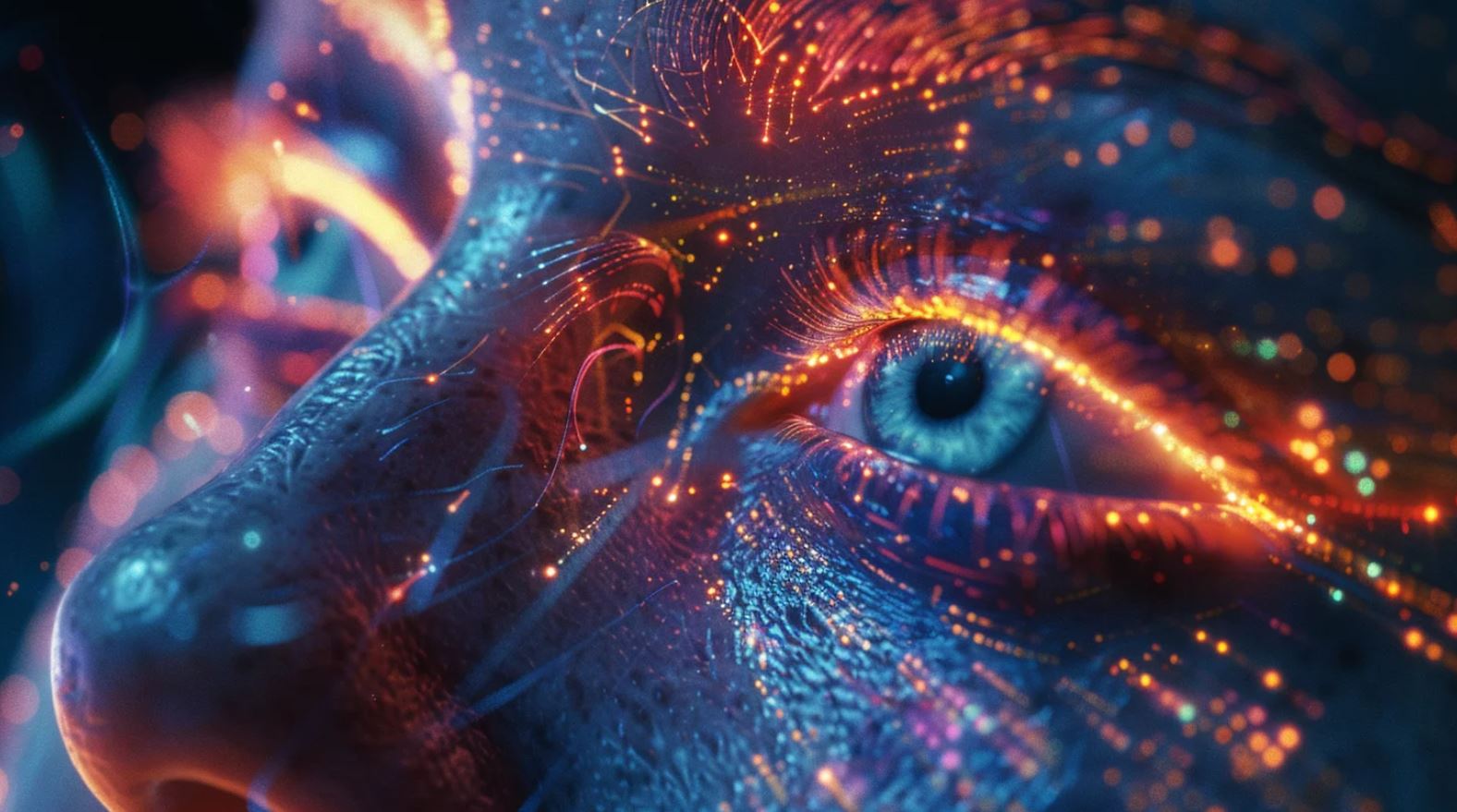 Artificial intelligence is steadily weaving itself into our everyday routines, yet its growing prominence comes with unexpected challenges. One issue that’s drawing attention is the spike in AI hallucinations—instances when systems generate inaccurate or misleading information. If you’ve ever encountered a chatbot giving you the wrong details, you’re not alone.
Artificial intelligence is steadily weaving itself into our everyday routines, yet its growing prominence comes with unexpected challenges. One issue that’s drawing attention is the spike in AI hallucinations—instances when systems generate inaccurate or misleading information. If you’ve ever encountered a chatbot giving you the wrong details, you’re not alone.
Ever since ChatGPT burst onto the scene, ensuring that these systems provide correct information has been a tough nut to crack. The New York Times reports that many current AI models still struggle to distinguish between truth and falsehood. Paradoxically, as organisations like OpenAI, Google, and China’s DeepSeek roll out more powerful models, the frequency of these slip-ups appears to be increasing. For example, reasoning models designed to break down problems into logical steps have seen a noticeable rise in errors: PC Gamer noted that OpenAI’s o3 system misfired 33% of the time on the PersonQA benchmark, with the newer o4-mini model hitting a 48% error rate.
In response, OpenAI has pushed back against the view that these more complex systems are inherently more error-prone. Spokesperson Gaby Raila explained that the tech giant is actively working to reduce these hallucination rates. Nonetheless, experts like Amr Awadallah, CEO of Vectara, suggest that some level of inaccuracy might be built into the fabric of AI technology—a reminder that even our most cutting-edge tools aren’t infallible, especially in critical sectors such as legal, medical, or business settings.
Pratik Verma, CEO of Okahu, underscores the practical implications if even one piece of misinformation slips through. When precision is paramount, any error can undermine confidence in the technology designed to simplify tasks. Until developers fully grasp the intricacies of these models, verifying AI outputs remains a crucial step, despite the promise of reduced workloads.
While AI continues to transform the way we work and live, its challenges remind us that technological advances require continuous refinement and vigilance. For now, ensuring that AI systems deliver reliable results is a shared responsibility between developers and users alike.








